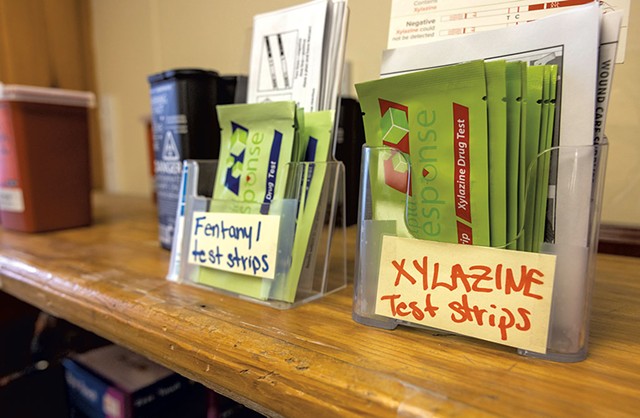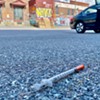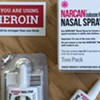Published August 4, 2023 at 12:35 p.m.
More By This Author
About the Artist

James Buck
Bio:
James Buck is a multimedia journalist for Seven Days.
James Buck is a multimedia journalist for Seven Days.
Speaking of...
-

Burlington Budget Deficit Balloons to $13.1 Million
Apr 25, 2024 -

The Café HOT. in Burlington Adds Late-Night Menu
Apr 23, 2024 -

Burlington Mayor Emma Mulvaney-Stanak’s First Term Starts With Major Staffing and Spending Decisions
Apr 17, 2024 -

Totally Transfixed: A Rare Eclipse on a Bluebird Day Dazzled Crowds in Northern Vermont
Apr 10, 2024 -

Middlebury’s Haymaker Bun to Open Second Location in Burlington’s Soda Plant
Apr 9, 2024 - More »
Comments
Comments are closed.
From 2014-2020, Seven Days allowed readers to comment on all stories posted on our website. While we've appreciated the suggestions and insights, right now Seven Days is prioritizing our core mission — producing high-quality, responsible local journalism — over moderating online debates between readers.
To criticize, correct or praise our reporting, please send us a letter to the editor or send us a tip. We’ll check it out and report the results.
Online comments may return when we have better tech tools for managing them. Thanks for reading.

























































